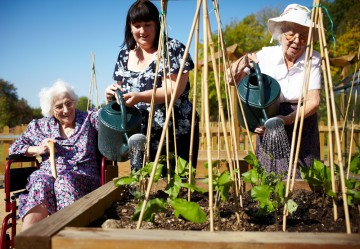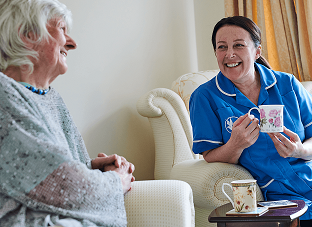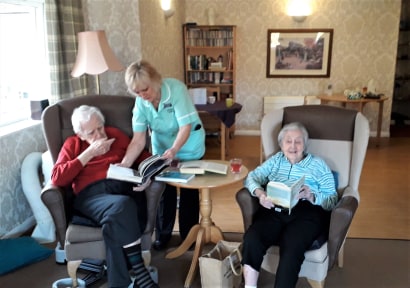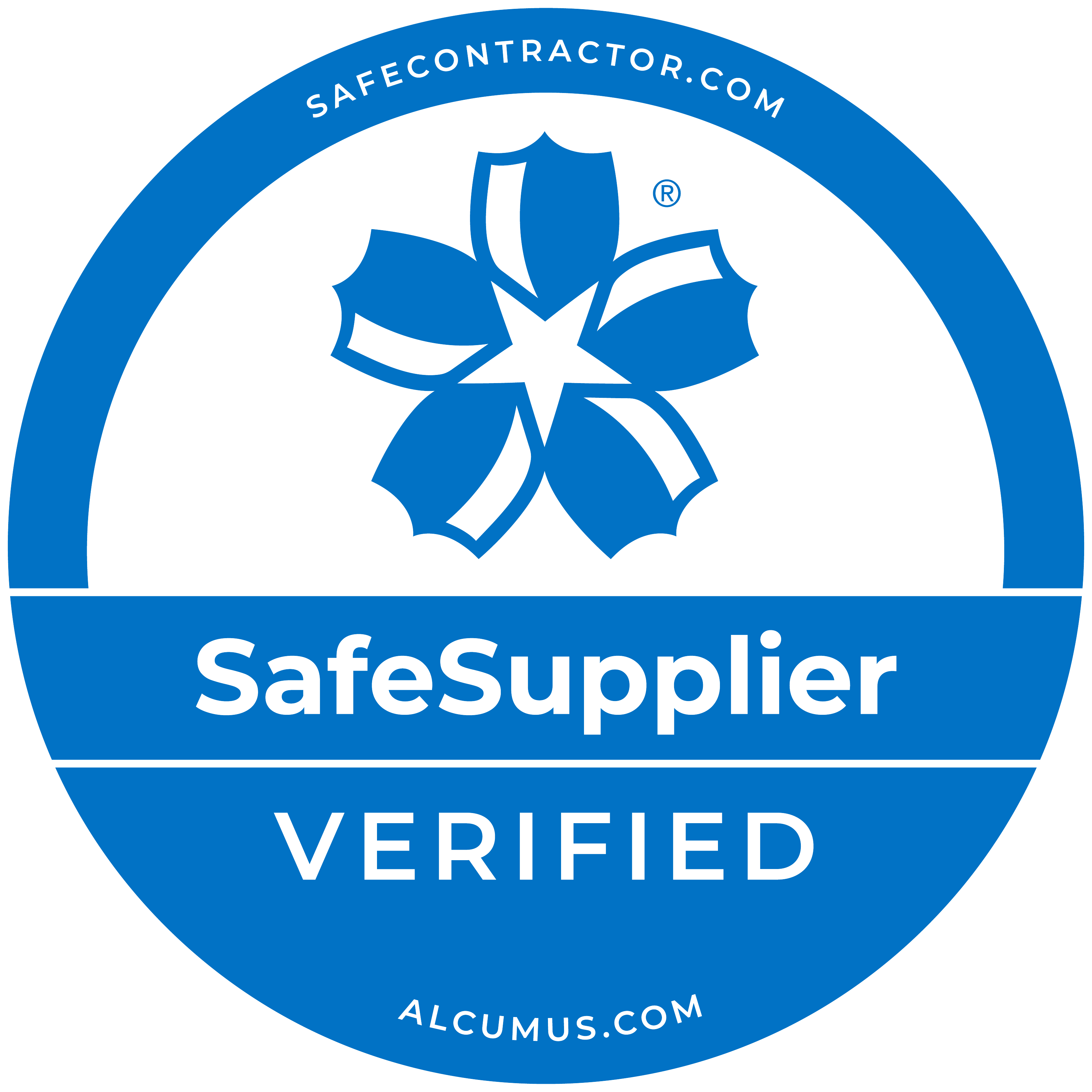
Running a successful and harmonious care home is no easy feat, with your main priority, of course, being the wellbeing of your patients. That being said, with a seemingly never-ending to-do list and a budget that is being squeezed year on year, it can feel impossible to make the changes you want to improve the care within your home, especially if you have been criticised for your efforts in the past.
However, before you admit defeat and resign yourself to simply doing the best you can for your residents regardless of your standing within the community, why not keep reading to find out how you can build up your reputation and become a truly great care home?
Create a home from home
When looking to improve your care home, it is important to remember that a residential care home is a long-term facility, and therefore, most of your residents will regard your establishment as their home. This means that you should try and find as many ways as possible to make your facility feel more like a home environment than a clinical one.
Not only will this improve the morale of your residents, but it will also make them more relaxed and less likely to become agitated or aggressive, which in turn will make the day to day operations of your care home easier for your staff members. As a result, you can expect to experience less staff turnover and a more loyal and engaged team.
Pre-empt residents’ needs
The difference between an average care home and an exceptional one is easy to solve. A management team that predicts the needs of their residents before problems occur will always triumph as the better home. This is particularly important for your most vulnerable residents who need specialised care and attention.
For example, if you have residents who are bed-bound or are unable to move around very much, you should consider investing in Dynamic mattresses they can sometimes be referred to as Airflow mattresses that are specifically designed to offer pressure relief to those at risk of pressure ulcers and bedsores.



Focus on engagement
Never underestimate the importance of social activities and events when it comes to the mental and physical wellbeing of your residents. Not only will social residents experience fewer feelings of loneliness, but they will also feel more motivated and excited for the day ahead.
If you are concerned about finding the time, not to mention the resources, to organise regular activities, then why not decide to start small and gradually build up to larger events? For example, you could arrange a social hour once a day where your residents can come together and try out new hobbies.
Try out the following stimulating and suitable activities:
- A knitting club
- A film night
- A book club
Once you feel ready to organise an event on a larger scale, why not invite the media along to report on the day for you and show the local community the steps you are taking to improve your level of patient care?
Encourage a collaborative culture
The happiest residential care homes are the ones where the management, staff, residents, and their families all have a say in how the facility is run. Therefore, you should always be open to new ideas and opinions of those around you.
There are many ways that you can encourage collaboration, including sending out regular surveys, actively asking for feedback face-to-face and organising consistent staff meetings where employees feel comfortable sharing their thoughts as well as their concerns.
Strive to be a compassionate leader
Compassionate leadership is important in all industries, but this is particularly true for the healthcare sector. Being a compassionate leader is not always easy, especially if you are overworked and overstressed, but it can make a huge difference to the morale of your staff.
Some of the main qualities of compassionate leadership include:
- Showing gratitude
- Actively listening
- Expressing empathy
- Encouraging personal growth
- Being self-aware and authentic
Think beyond medication
A person’s overall health and wellbeing is dependent on so much more than just having access to the right medication. They also need to engage in activities that help improve their mood and keep them active. This is especially true for older residents who are much more likely to live a predominantly sedentary lifestyle.
Depending on the abilities of your residents, you may want to start encouraging daily nature walks or even just a simple stroll around the home’s garden. Both sunlight and fresh air have the natural ability to alleviate signs of depression and can be great for residents who are showing signs of feeling anxious or low.
Conclusion
Restoring or building up the reputation of your residential care home will not happen overnight. It will take time, effort, and dedication, both from yourself and your staff. That being said, once you start putting some of the above practices into place, however small, you will start to slowly notice a difference in the wellbeing of your residents, as well as the satisfaction of their families and the wider community.
















